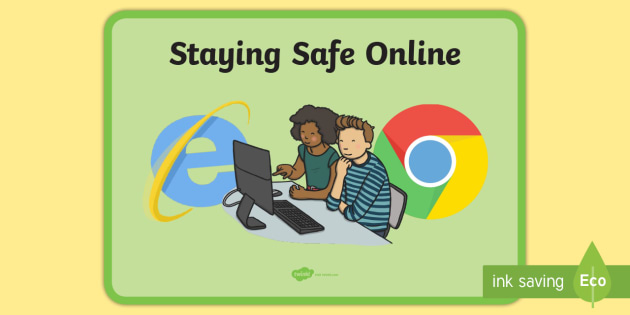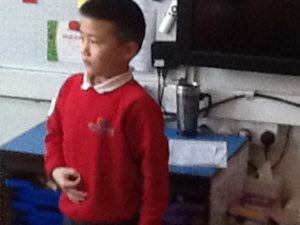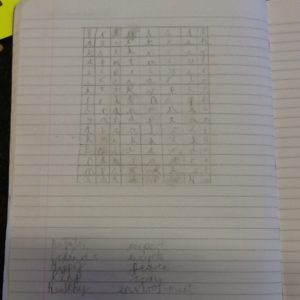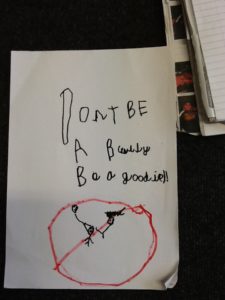Big topic: Computing  Throughout this topic the children will learn how to create a clear, precise algorithm. Algorithms are described as something very simple but important. They are explained as instructions that are split into little steps so that a computer can solve a problem or get something done. The children will discover how to de-bug a simple algorithm when it goes wrong!
Throughout this topic the children will learn how to create a clear, precise algorithm. Algorithms are described as something very simple but important. They are explained as instructions that are split into little steps so that a computer can solve a problem or get something done. The children will discover how to de-bug a simple algorithm when it goes wrong!
Debugging is when you find an issue in the program that you have written and repair it. When writing a program it is very easy to make mistakes in your code.
We began with a lesson to help us understand that a computer follows precise commands and will respond to those commands consistently. Next, we will plan and predict the behaviour of simple programs and work with a
friend to plan a route for Beebot.


 We always begin a new topic by introducing relevant vocabulary that will be referenced throughout our lessons. The intention is for the children to learn the words and feel confident to use them in context.
We always begin a new topic by introducing relevant vocabulary that will be referenced throughout our lessons. The intention is for the children to learn the words and feel confident to use them in context.
These are the words/phrases the children will be using;
- algorithm
- debug
- appropriate
- computer
- technology
- password
- personal information
- devices
- trusted adult
During the topic we will also be looking closely at how we stay safe online. Age restrictions, digital content, passwords, privacy, personal information and online vs. offline behaviours are all on our agenda.
















































 Throughout this topic the children will learn how to create a clear, precise algorithm. Algorithms are described as something very simple but important. They are explained as instructions that are split into little steps so that a computer can solve a problem or get something done. The children will discover how to de-bug a simple algorithm when it goes wrong!
Throughout this topic the children will learn how to create a clear, precise algorithm. Algorithms are described as something very simple but important. They are explained as instructions that are split into little steps so that a computer can solve a problem or get something done. The children will discover how to de-bug a simple algorithm when it goes wrong!


 We always begin a new topic by introducing relevant vocabulary that will be referenced throughout our lessons. The intention is for the children to learn the words and feel confident to use them in context.
We always begin a new topic by introducing relevant vocabulary that will be referenced throughout our lessons. The intention is for the children to learn the words and feel confident to use them in context.